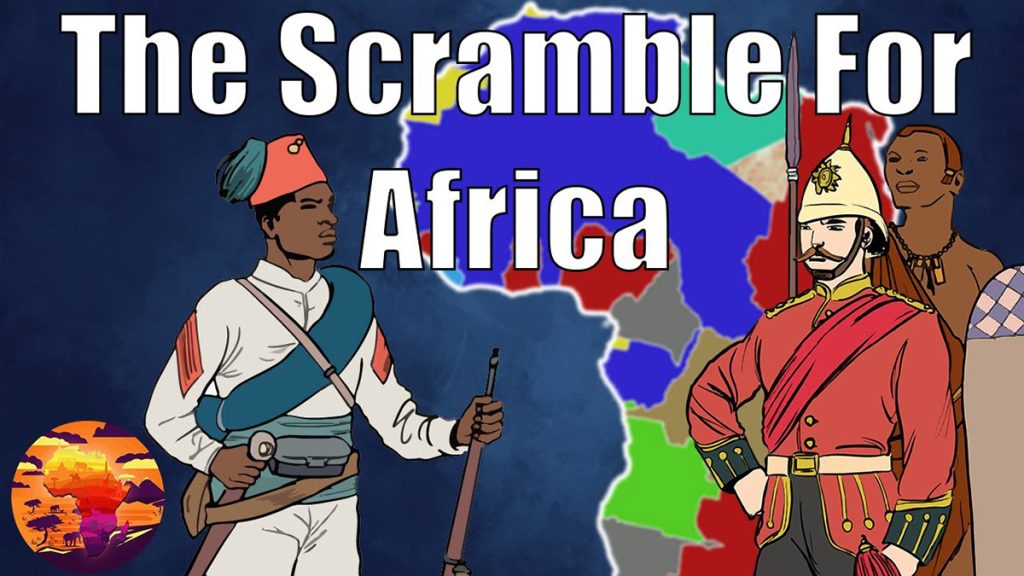The phrase “Westerns sealed Africa’s fate” generally refers to the profound and lasting impacts of European colonization on the African continent. The colonial period, which began in earnest in the late 19th century and continued into the mid-20th century, fundamentally altered the course of African history and its socio-economic and political structures. Here’s a closer look at how European actions shaped Africa’s fate:
1. The Scramble for Africa
The Berlin Conference of 1884-1885 is often seen as the formal beginning of the Scramble for Africa. European powers convened to negotiate and partition African territories among themselves without regard for the continent’s existing ethnic, cultural, or political boundaries. This arbitrary division created countries with borders that often grouped together disparate communities or split cohesive ones, leading to ongoing ethnic and political conflicts.
2. Economic Exploitation
European colonial powers exploited Africa’s resources for their own benefit. They extracted minerals, agricultural products, and other resources, often using brutal methods of labor exploitation. The extraction of resources was primarily geared towards benefiting European economies, with little regard for the development or welfare of local African communities.
3. Political and Social Disruption
Colonial rulers imposed new political systems and structures that disrupted traditional governance and social systems. Indigenous political leaders were often sidelined or replaced with European-appointed administrators. This disruption undermined local governance structures and contributed to political instability that persisted after independence.
4. Cultural and Social Impact
European colonialism also had significant cultural impacts. Colonial powers often promoted their own languages, education systems, and cultural norms, marginalizing or undermining local cultures and languages. This cultural imposition created a legacy of identity issues and a loss of cultural heritage that many African nations still grapple with today.
5. Resistance and Independence Movements
Despite the harsh conditions, African resistance to colonial rule was persistent. Independence movements grew throughout the 20th century, leading to the decolonization wave after World War II. Although many African countries gained independence, the legacies of colonialism—including economic dependency, political fragmentation, and social divisions—continued to affect their development trajectories.
6. Post-Colonial Challenges
The post-colonial era has been marked by efforts to overcome the legacies of colonialism. Many African nations have worked to rebuild their economies, political systems, and social structures, but they have faced significant challenges. Issues such as corruption, conflict, and economic dependency are often rooted in the colonial past.
In summary, European colonialism had a profound and enduring impact on Africa, shaping its political boundaries, economic systems, and social structures in ways that have influenced the continent’s development long after the end of colonial rule. The legacy of these actions continues to affect Africa’s trajectory and the lives of its people today.
